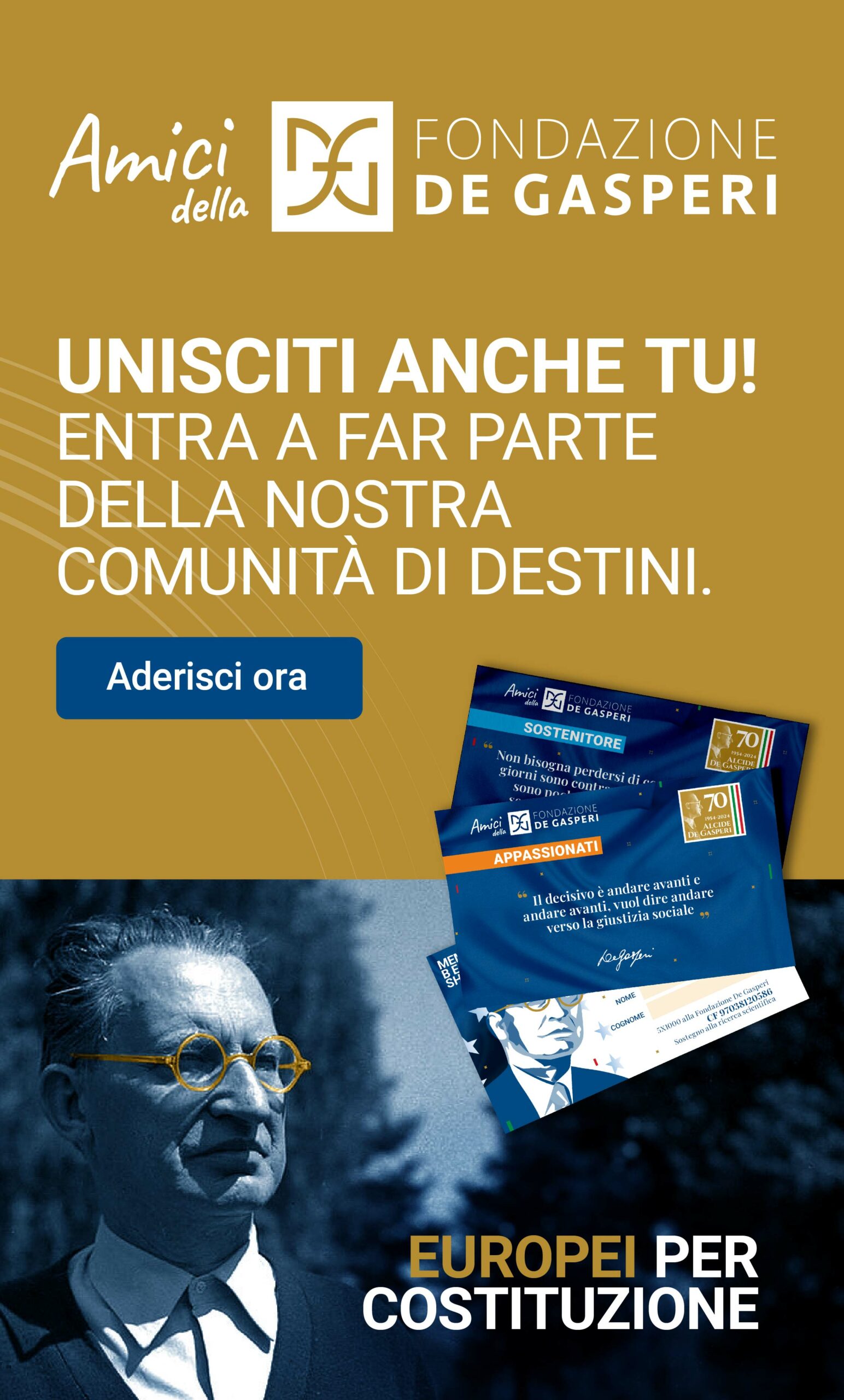
NYT Editorial Board | New York Times | 31 Maggio 2017
Le placche tettoniche dell’Europa si stanno spostando, e il presidente Trump è al centro di tale cambiamento. Le recenti parole di Angela Merkel hanno reso chiaro che gli Stati Uniti non sono più il partner affidabile su cui il suo Paese e l’Europa hanno fatto a lungo affidamento. La partnership transatlantica è ancora vitale. Nessuno ha parlato di sciogliere la NATO e la sicurezza europea dipende ancora dagli arsenali nucleari e convenzionali statunitensi. Ma ci sono profonde divisioni tra l’Europa e gli USA che hanno un solo chiaro beneficiario: Vladimir Putin.
Prima che Trump partecipasse al suo primo meeting della NATO e al G7 della scorsa settimana, i leader europei speravano che potesse accondiscendere sui principali temi critici del momento. Oggi, tale speranza appare essere già un sogno. Trump ha denunciato il basso livello di spesa militare dei membri della NATO, ha offerto una linea conciliante con la Russia e ha rifiutato gli accordi di Parigi sul cambiamento climatico.
Tornato in patria, ha aizzato ulteriormente il fuoco, lamentando il fatto che la Germania paga “molto meno di quanto dovrebbe in ambito militare per la NATO. Molto male per gli USA. Tutto questo cambierà”.
Queste problematiche arrivano in tempi già bui per l’Europa, colpita dalla crisi finanziaria, dall’ascesa dell’autoritarismo turco, ungaro e polacco, dalla Brexit e dalla crisi dei rifugiati dal Medioriente e Nord Africa. Al contempo Putin sta espandendo l’influenza russa.
Ci sono anche punti positivi. Uno è che Merkel sembra pronta a giocare un ruolo chiave di fronte al passo indietro statunitense; un altro è l’elezione francese di Macron, che ha dimostrato disponibilità a lavorare in partnership con il cancelliere tedesco. La sua prima visita è stata a Berlino e qualche giorno dopo ha incontrato Trump. In quell’occasione il presidente francese ha fatto trasparire un punto importante: non sono un tuo burattino. E ha fatto lo stesso quando ha incontrato Putin a Versailles, che probabilmente aveva lavorato al fianco della sua rivale politica, Le Pen. Ancora il messaggio è stato chiaro: l’Europa non può risolvere le problematiche importanti senza il dialogo con la Russia, ma le differenze con Mosca non possono essere nascoste sotto il tappeto. Per il momento sembra che solo Merkel e Macron possano tenere l’alleanza viva e rilevante, almeno finchè Trump non si sveglia, comprendendo le necessità della leadership americana o venga rimpiazzato da un presidente più saggio.
The tectonic plates of Europe are shifting, and President Trump is at the heart of this upheaval. Angela Merkel’s recent words made clear that the United States is no longer the reliable partner her country and the rest of Europe have long depended on. This trans-Atlantic partnership is still vital. So far, no one is talking about dissolving NATO and Europe still depends for its security on America’s nuclear and conventional arsenals. But there are profound divisions between Europe and the United States that have one clear beneficiary: Vladimir Putin .
Before Mr. Trump attended his first meetings of NATO and the Group of 7 last week, European leaders hoped they could bring him around on critical issues. That now seems like a pipe dream. Mr. Trump denounced the insufficient levels of military spending from NATO members, he offered a more conciliatory line on Russia and refused to endorse the Paris agreement on climate change.
When he returned home, Mr. Trump stoked the fires more, complaining that Germany pays “far less than they should on NATO & military. Very bad for U.S. This will change.”
These new stresses in the alliance come at a bad time for Europe, already hit by the financial crisis; the rise of authoritarianism in Turkey, Hungary and Poland; Brexit and the flow of refugees from the Middle East and North Africa. Meanwhile, Mr. Putin, is expanding the Russian influence.
There are some bright spots. One is that Ms. Merkel seems committed to playing a lead role as the United States pulls back; another is France’s election of President Emmanuel Macron, who has demonstrated a willingness to work in partnership with Ms. Merkel.
Mr. Macron’s first foreign visit was to Berlin and just days later, he met with Trump. In that occasion the French President went to a political point: I’m not your patsy. And he made an equally strong point when he met in Versailles with Mr. Putin, who had probably worked to aid his rival, Le Pen. Again, the message was clear: No major issue can be resolved without talking to Russia, but differences with Moscow should not be swept under the rug. For now, it looks as if it is up to Ms. Merkel and Mr. Macron to keep the alliance alive and relevant, at least until Mr. Trump wakes up to the need for American leadership or until another, wiser president replaces him.
Sintesi e traduzione di Lorenzo Salvati







